Sodium lauryl sulfate SLS is a commonly used chemical in cleaning and personal care products. It is a surfactant, meaning it reduces surface tension between liquids and allows easy mixing.
SLS is frequently misunderstood and it is linked to cancer, skin irritation and more. But researches done on SLS tell a different story.
In this blog, we will see what is SLS, Products that contain SLS, its Controversies and safer alternatives to SLS.
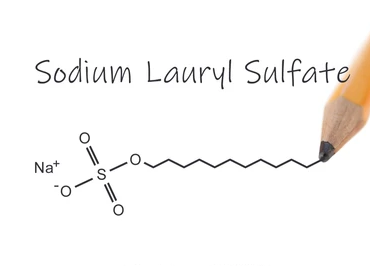
Table of Contents
What is Sodium Lauryl Sulfate (SLS)?
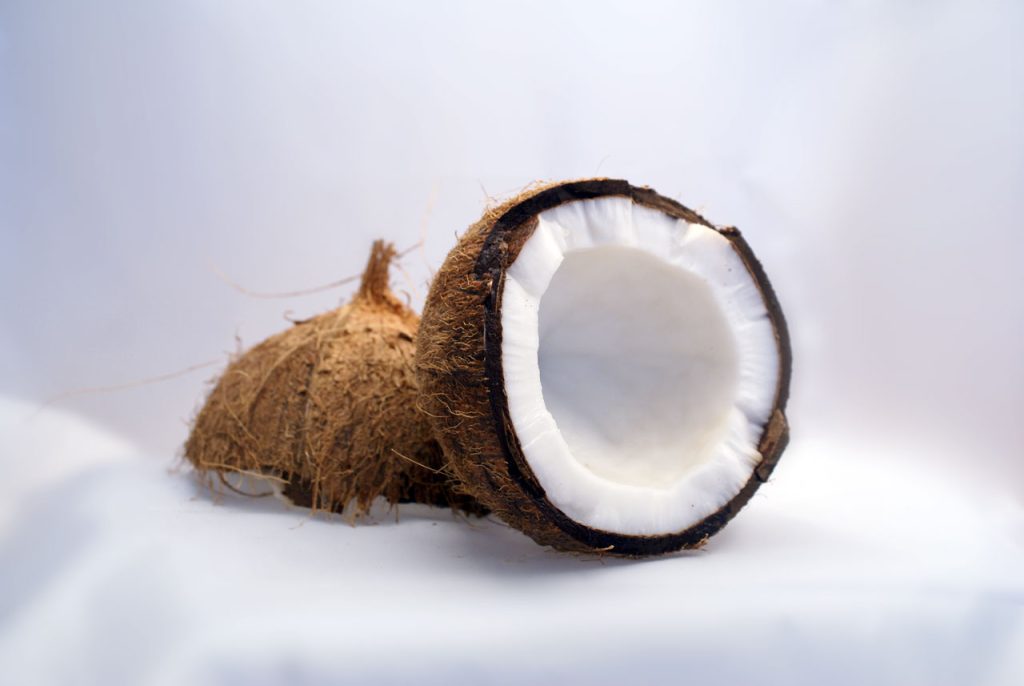

Sodium Lauryl Sulfate(SLS) is an emulsifying cleaning agent and surfactant. It is often used in cleaning and personal care products due to its ability to create foam and lather, which gives the impression of thorough cleaning.
Sodium Lauryl Sulfate (SLS) can be derived naturally or synthetically.
Synthetically it is derived from petroleum. It can also be derived from natural vegetable oils like coconut oil and palm oil.
Products that contain SLS
- Personal care products, such as shampoo, conditioners, facial cleansers, soaps, liquid hand soaps, shaving creams, toothpaste, floor cleaners, dishwashing liquids, detergents etc.
- Oral care products, such as toothpaste, Mouth wash.
- House cleaning products, such as laundry detergent, dish wash detergent, floor cleaners, etc.
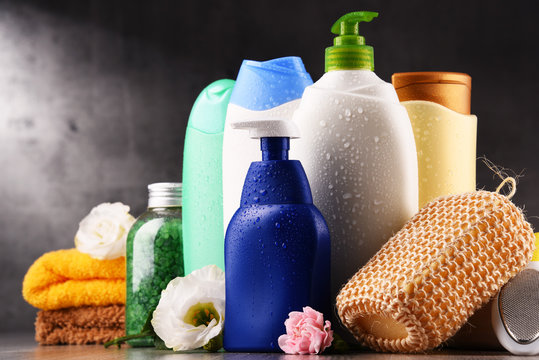

Controversies surrounding SLS


⦁ Skin Irritation: SLS has been linked to skin irritation, especially for individuals with sensitive skin. SLS can cause irritation for some individuals when it sits on the skin for longer period of time. But generally the products that contain SLS are washed off immediately after application like shampoos and face washes so it does not affect the skin.
⦁ Eye Irritation: SLS can irritate eyes when applied directly to the eyes and in high concentration.
⦁ Environmental Concerns: The manufacturing process of SLS can result in the release of harmful byproducts into the environment.
Conclusion
Despite all these controversies, Sodium Lauryl Sulfate (SLS) is considered safe for use in personal care products by U.S Food and Drug Administration(FDA) when used in safe concentrations.
According to a 2015 study, SLS is safe when used in correct formulations for cleaning purpose. Also as SLS can be derived from natural sources it becomes 100% biodegradable.
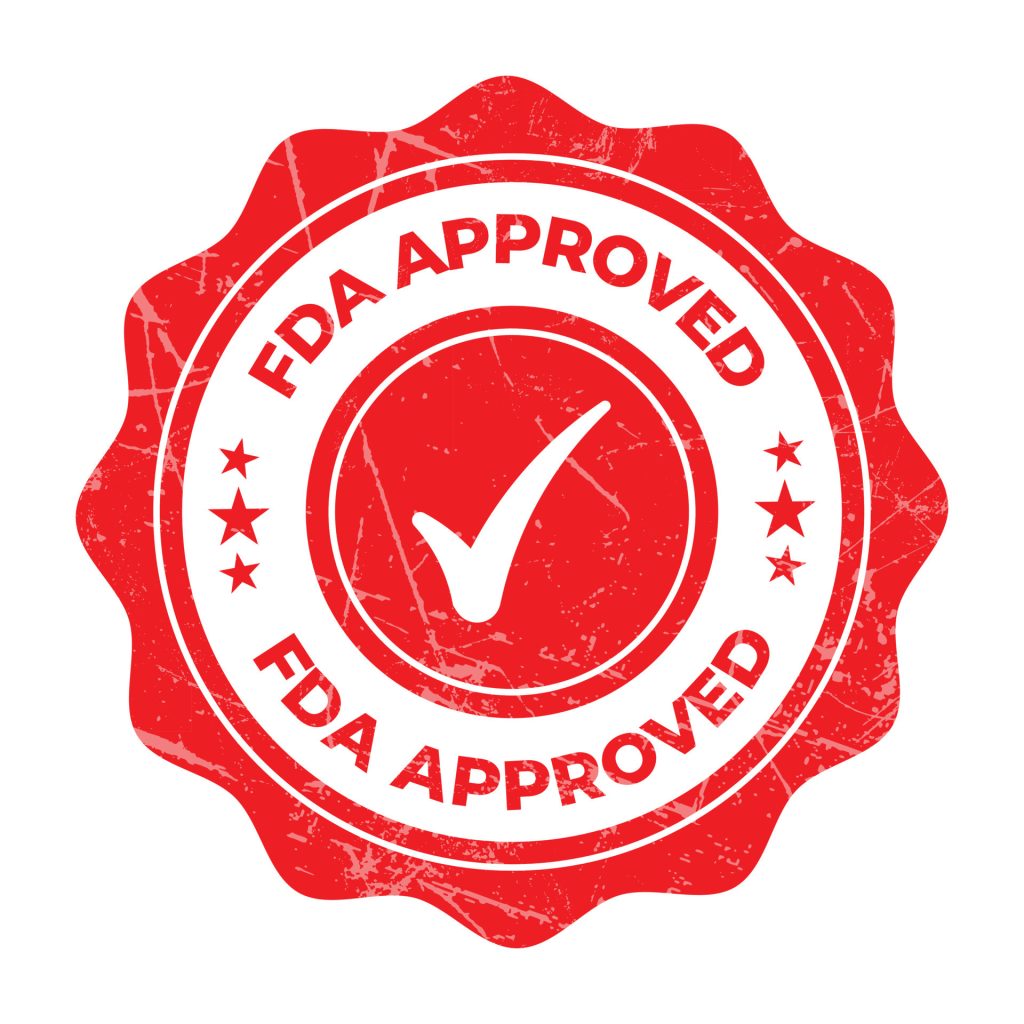

Some safer alternatives to Sodium Lauryl Sulfate (SLS):
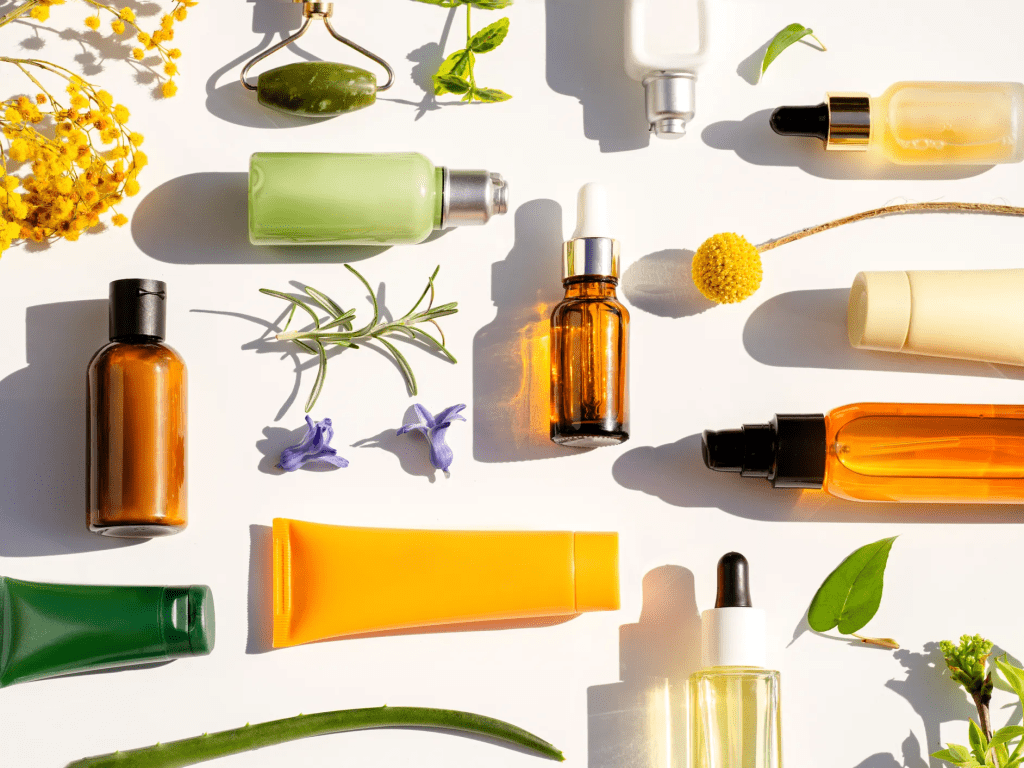

While SLS is considered safe, there are some alternatives available in the market if you have sensitivity to SLS or just don’t believe that SLS is safe.
Some companies offer products formulated with milder surfactants such as Sodium Laureth Sulfate(SLES), Cocamidopropyl Betaine derived from coconut oil, etc. Also plant-based cleansers could be the better choice if you want to avoid chemicals.
Here are some SLS free products: Shampoo, Dishwashing Liquid, Laundry Liquid, toothpaste
Can you be more specific about the content of your article? After reading it, I still have some doubts. Hope you can help me.
Can you be more specific about the content of your article? After reading it, I still have some doubts. Hope you can help me.
I’d be glad to help clarify any doubts! Could you let me know which specific points or sections of the article you’re unsure about? That way, I can provide more detailed explanations or further information.